Por: http://observer.ug/09-05-2018
The first lady and minister of Education and Sports, Janet Museveni, is concerned that most parents are not actively involved in the education of their children, thus leading to poor performance.
Ms Museveni said while it the responsibility of government to provide education, parents have abandoned their responsibility of providing essential items such as lunch, scholastic materials and shoes for learners.
“Why are families failing to feed our children? Someone produces a child and they are unable to feed them, what does this mean? When I talk about this, I am not talking about only mothers but also the fathers,” Ms Museveni said.
She added that during her term as MP for Ruhaama County in Ntungamo, most children in the constituency walked bare feet to school.
“When I went to Ruhaama, I said, ‘I will not leave when its children have no shoes.’ I was shocked that I spent 10 years in Ruhaama and left its children without shoes. I had done everything there but parents were not helping themselves. Why should someone spend a whole year without engaging in anything generating income? What should we do to such people?” she asked.
The minister was speaking to parents, district leaders and politicians after officially handing over new structures to Birere mixed primary school in Isingiro district on May 2, 2018.
Museveni said replacing the dilapidated structures with new ones will not be meaningful if parents don’t prioritize their children’s education.
Birere mixed primary schools is one of the 138 schools countrywide that have received a facelift with support from Global Partnership for Education (GPE) grant worth $100m under the Uganda Teacher and School Effectiveness Project (UTSEP) supervised by the World Bank. The grant agreement was signed on August 27, 2014 and became effective on March 24, 2015.
In Isingiro, 20 schools were selected with each receiving seven new classroom blocks, one administration block, five and two-stance latrines and a 5,000-litre water tank.
Ms Museveni also commended schools for implementing the thematic curriculum insisting that it when children study in their mother tongue up to primary three, they understand better as opposed to being instructed in English language.
“I know there are some people de-campaigning that programme [thematic curriculum] but that is being very short-sightedness. It is much easier for young children to study in their local language,” she said.
According to the ministry’s schedule, handover of all the schools which started on May 2 will end on May 30, 2018 in the respective districts.
JOB WELL DONE
While handing over more structures in Ibanda district, the state minister for primary education, Rosemary Seninde, said contractors did a commendable job with no building found with cracks as it is known for most new buildings.
“We are satisfied that the work is perfect and real. I call upon parents to love, cherish and maintain what has been given to them because it is not going to be the responsibility of government to maintain the infrastructure,” Seninde said.
Of the 11 schools constructed in Ibanda, she visited and handed over new structures at Kijongo PS, Rwenkobwa PS, Ishongororo PS, Kashambya PS, Kemihoko PS, Rwanyabihuka PS and Kyeibumba PS to the relevant school heads. Seninde reiterated the first lady’s message by encouraging parents in Ibanda to provide lunch and shoes for their children.
“It is a shame that children come to school bare-feet in this era. If you cannot afford modern shoes, buy for them plastic shoes or sandals. How will they enter into such new beautiful classes? This attitude that education of Ugandan children is for President Museveni must change,” she said adding that all classrooms in the 54 completed schools countrywide out of the 138 will be furnished with desks before the beginning of second term.
The remaining 84 schools will be furnished and handed over when completed. Speaking to The Observer, Julius Atwijukye, the head teacher Kashambya PS, applauded government on the latest development at his school although he remained not convinced on whether parents will provide shoes for learners.
“Our children are not used to putting on shoes. When we call parents to address such issues, they tell us that they are poor while others threaten to withdraw their children from school if we impose such conditions on them,” Atwijukye said.
“Maybe now that we have a new environment, parents have promised to buy shoes. But if we can get some sponsors to buy some shoes, it is highly welcome because according to the understanding of my parents, I know most will not buy them next term [two].” Out of the 560 pupils at Kashambya, about 50 study in proper shoes.
For Justine Tukashaba, a parent at Kashambya, some parents think shoes are meant for children in urban settings.
“I am a catechist of our church but whenever I teach about such things, parents ignore me. Many of the children have one pair of shoes they use only when going to church. Parents are poor and not bothered about the situation,” she said.
By the time minister Seninde left the school on Thursday May 3, most parents, some of whom had no shoes at this function, pledged to buy shoes for children and they requested her to visit the school next term to check on their progress.
*Fuente: http://observer.ug/news/headlines/57633-janet-tells-parents-to-prioritise-education.html
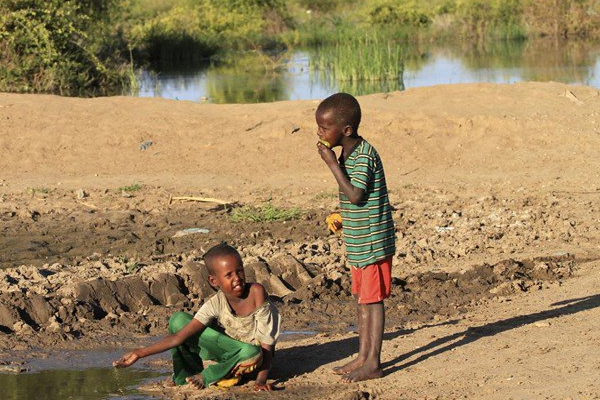
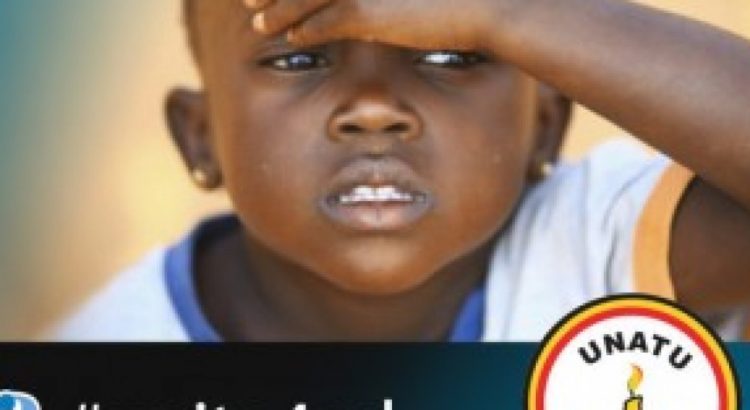


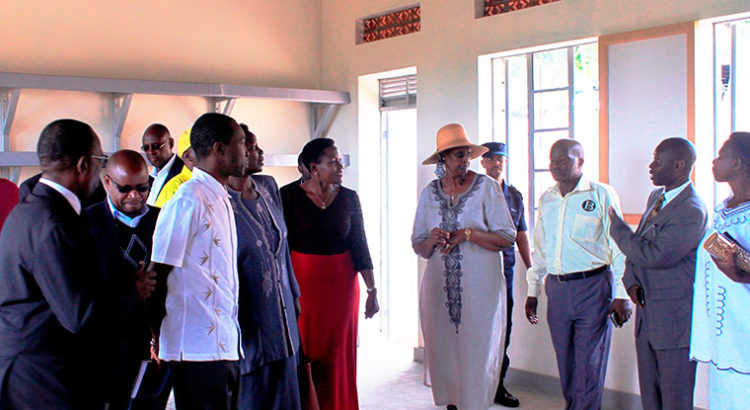
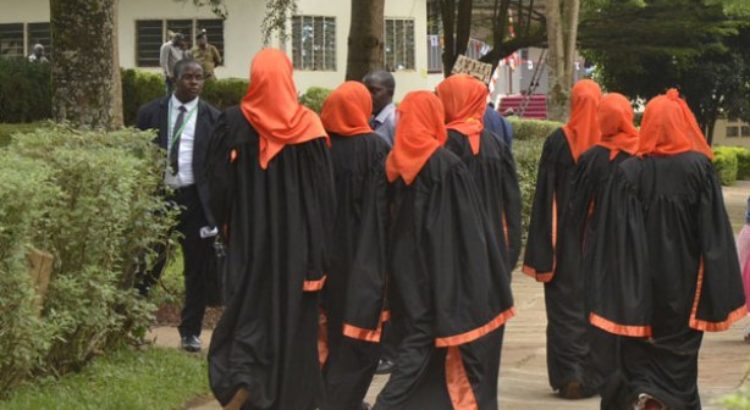
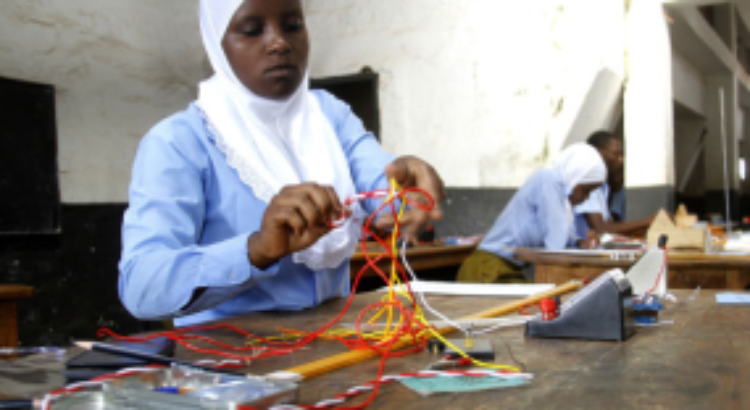
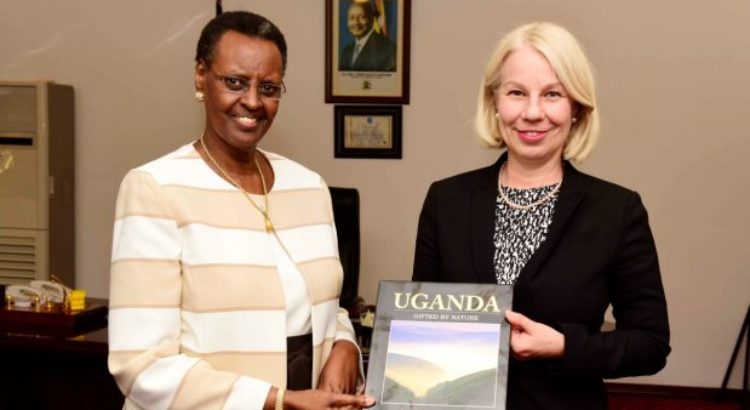







 Users Today : 110
Users Today : 110 Total Users : 35460016
Total Users : 35460016 Views Today : 165
Views Today : 165 Total views : 3418630
Total views : 3418630